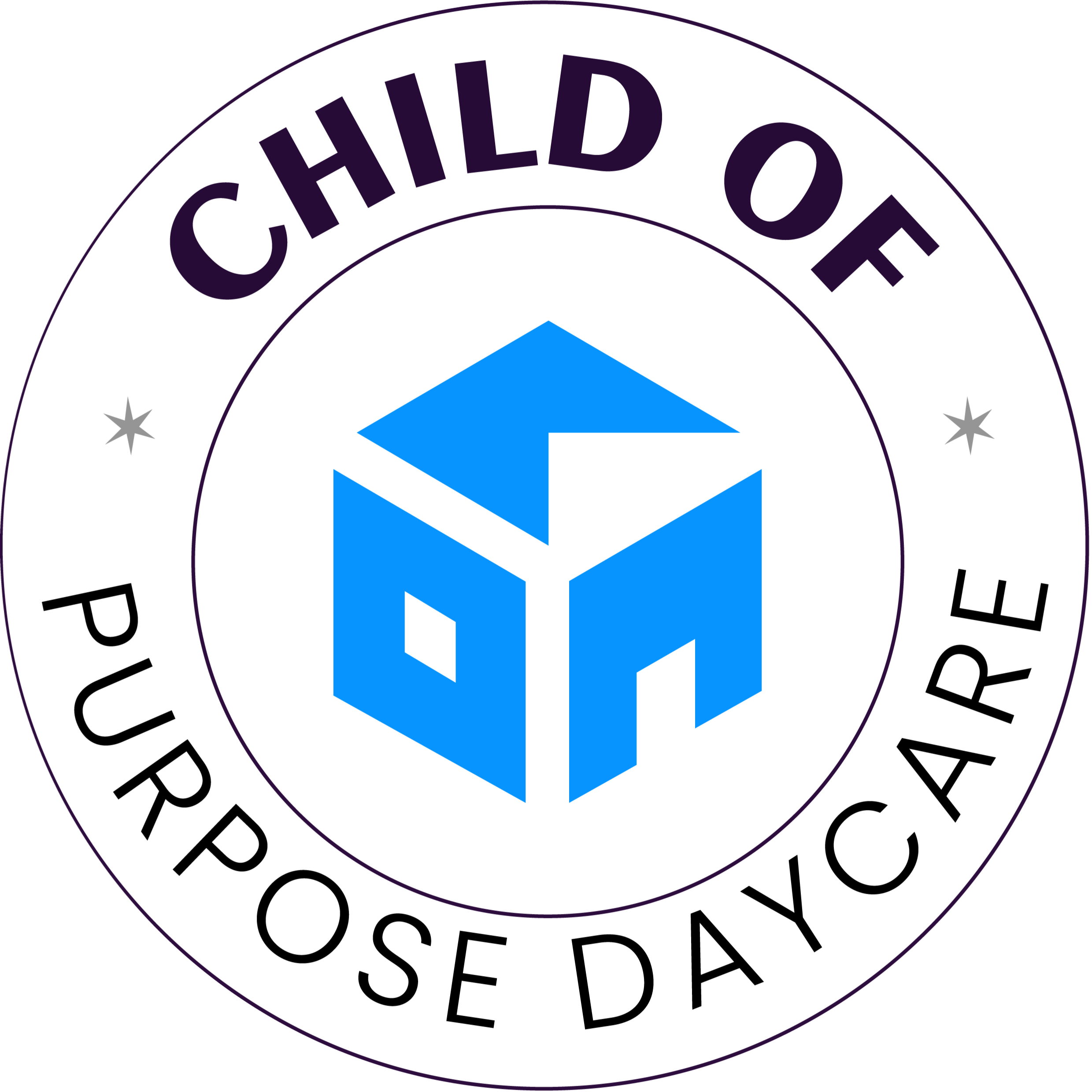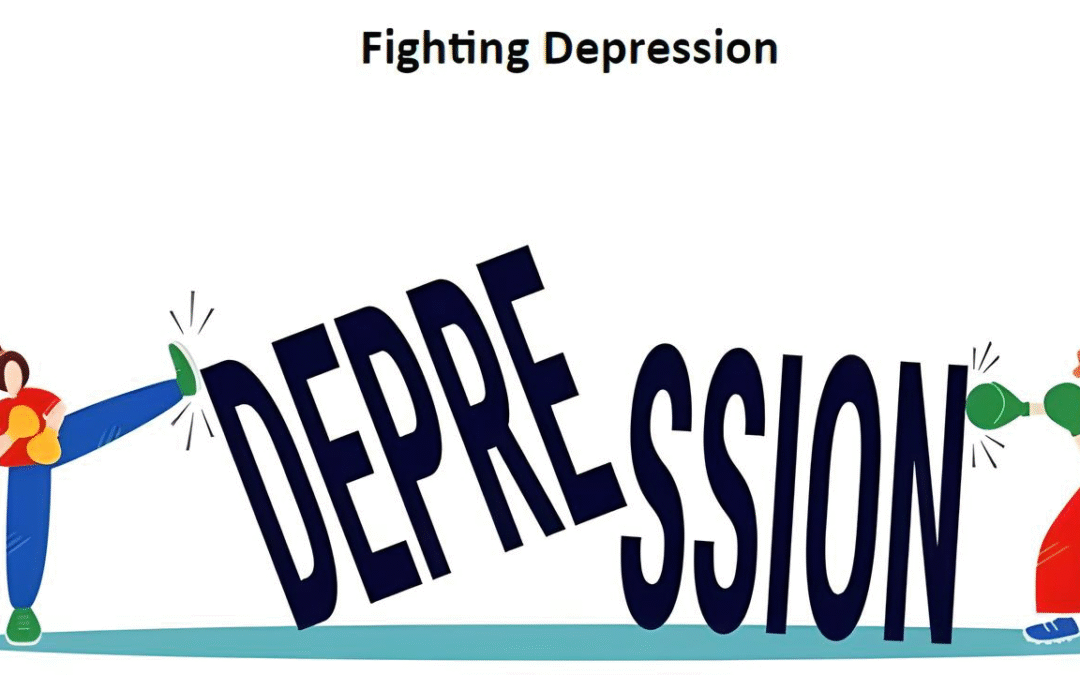Depression comes in different shapes and forms but what exactly is depression? According to the American Psychiatric Association, depression is a medical condition that negatively impacts your thoughts, feelings and behavior(Psychiatry.org) Statistics indicates that 3 out of 10 adults have been diagnosed with Depression some time in their lives with women being frequently diagnosed than men. Additionally younger adults appear to experience depression when compared to older adults. Depression can be characterized by having feelings of sadness or hopelessness, lack of motivation, lack of interest and pleasure in engaging in activities, fatigue, appetite and sleep issues, difficulties in concentration and possible suicidal ideation.
What are the risk factors for Depression?
Biochemical
Genetics
Personality
Environmental Factors
Anyone can get depression and its impact on our lives can be impactful both at home and at the workplace. Studies show increasingly high rates of depression especially in the helping professions. Employers are encouraged to invest in their employees mental health by providing resources that their employees can benefit from as by doing so, can increase productivity, reduce absenteeism and a host of other positive outcomes (Saade et al., 2021).
Compared to non-depressed workers, those with depression are more likely to display poorer work performance more absenteeism, and higher unemployment rates. Depression has
been linked to a loss of productivity totaling $36 billion annually in the United States (Saade et al., 2021). Physical demands, psychological demands, sleeping issues due to one’s work schedule, workplace interpersonal issues, work-family conflict, work-life imbalance, perception of lack of justice in the workplace, lack of job satisfaction are factors that can contribute to depression (Saade et al., 2021).
If you are someone you may know may have depression or have suffered depression it is vital to know the warning signs.
What are the warning signs of depression to look out for?
- Depressed mood most of the day
- Diminished interest or pleasure in doing things
- Weight loss or weight gain
- Problems with sleep
- Fatigue or loss of energy
- Feelings of worthlessness
- Indecisiveness or lack of concentration
- Possible recurrent thoughts of suicide
Can Depression be treated? Yes!!!
Depression can be treated with medications or with psychotherapy(“talk-therapy”) or both. Research shows that better outcomes are achieved with medications AND psychotherapy than each alone. If you think you may have depression, treatment is available. Please talk to your health care provider today! Know the signs and fight depression!
Suicide/Crisis Hot line: Dial “988”
Disclaimer:
This article is not a substitution for medical advice, please seek the advice of your mental health provider regarding any questions or concerns about your specific mental health.
Contributor’s Contact Information:
Email: esteemchristian1@gmail.com
Ngozi Eke, LCSW-S, BCD, LCDC Psychotherapist/ Board-Certified Licensed Clinical Social Worker
PHD/MFT Doctoral Intern
HOURS
Monday – Friday
6:30 am-6:30 pm
LOCATION
406 N Midland Ave, Midland,
Texas 79703
TELEPHONE
(432) 215-8033
Email ADDRESS
aotchildofpurpose@gmail.com

